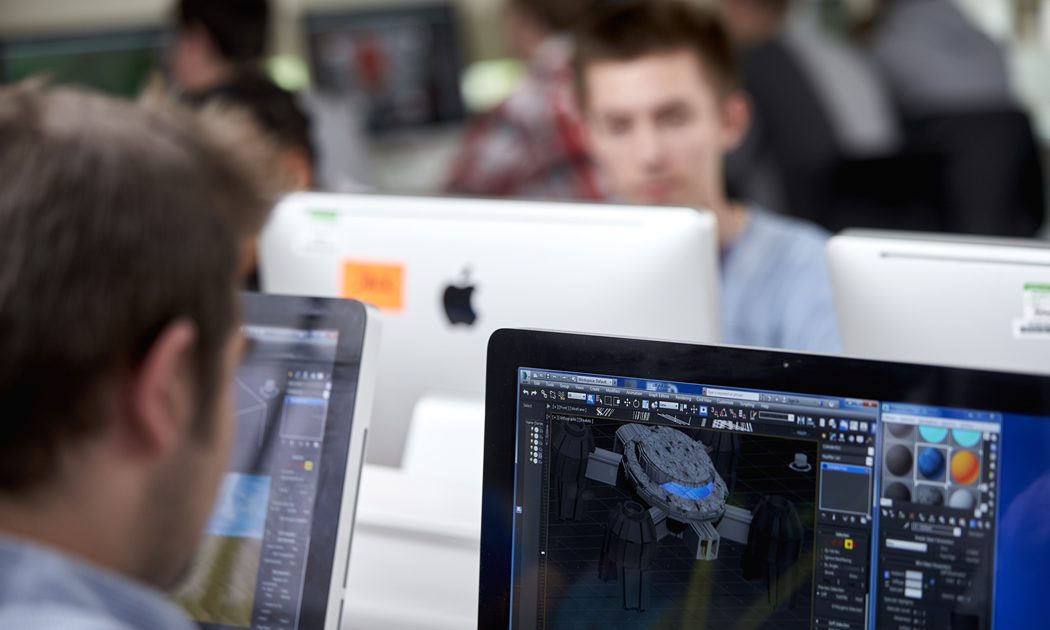
Course Summary
Game design is the process of creating the rules, mechanics, story, characters, and overall experience of a game. It involves imagining how players will interact with the game and designing elements like gameplay, levels, objectives, and challenges to create a fun and engaging experience. Game designers collaborate with developers, artists, and sound engineers to bring their vision to life.
Game design suits creative individuals who enjoy storytelling, problem-solving, and thinking about how systems work. It requires a mix of creativity, technical skills, and an understanding of psychology and player behavior. It's ideal for those who are passionate about games and enjoy working in a collaborative, iterative environment.
Course Content
Some of the topics covered include:
• Create and develop games/level design documents
• Digital character sculpting using Mudbox, Z Brush
• 2D game creation using Game Maker
• 3D environment development using Unreal Engine 4
• 3D character realisation, development and animation using Mudbox and 3D Studio Max
• Game engine modification
• Level design
• 2D and 3D animation
• Character and environmental design and development
• Computer game story development
• Art history / contextual studies
Course Assessment
Work is assessed by course staff throughout the year using:
• Coursework assessment
•Actual work made
• Group tutorials
• Group discussions
• Presentations
• Annotated sketch books
• Written work
• Project based assessments
• End of year exhibition
Materials
There are a number of essential items needed for this course. A tailored starter pack is available to purchase from the college (this will contain essential equipment). Letters are issued at enrolment which include details of content and costs.
There is an expectation that learners take part in educational visits tailored to their programme of study. The costs for these vary and can be compulsory.
Progression
The progression table shows you all of our creative, performance and media subjects along with the levels you are likely to study at depending upon your final GCSE grades. Offers will be made based on your indicated grades and the levels available within the progression table.
|
Area |
Expected grades when leaving school. | |||
|
Level 1 - no formal qualifications needed |
Level 2 - 3 x GCSEs at grade 3 including English & Maths |
Level 3 - 4 x GCSEs at grade 4 including English & Maths |
T Level - 5 x GCSEs at grade 4 including English & Maths | |
|
Art & Design |
Yes |
Yes |
Yes |
|
|
Fashion & Textiles |
|
|
Yes |
Yes |
|
Film & TV |
|
|
Yes |
|
|
Games Design |
|
|
Yes |
|
|
Graphic Design |
|
|
Yes |
|
|
Media |
Yes |
Yes |
Yes |
Yes |
|
Music |
|
Yes |
Yes |
|
|
Performing Arts - Acting |
Yes |
Yes |
Yes |
|
|
Performing Arts - Dance |
Yes |
|
Yes |
|
|
Photography |
|
|
Yes |
|
|
Production Arts - Special Effects Make-Up |
|
|
Yes |
|
Entry Requirements
• No GCSE results for Level 1
• 3 x GCSEs at grade 3 including English & maths for Level 2
• 4 x GCSEs at grade 4 including English & maths for Level 3
• 5 x GCSEs at grade 4 including English & maths for T Level, Level 3
